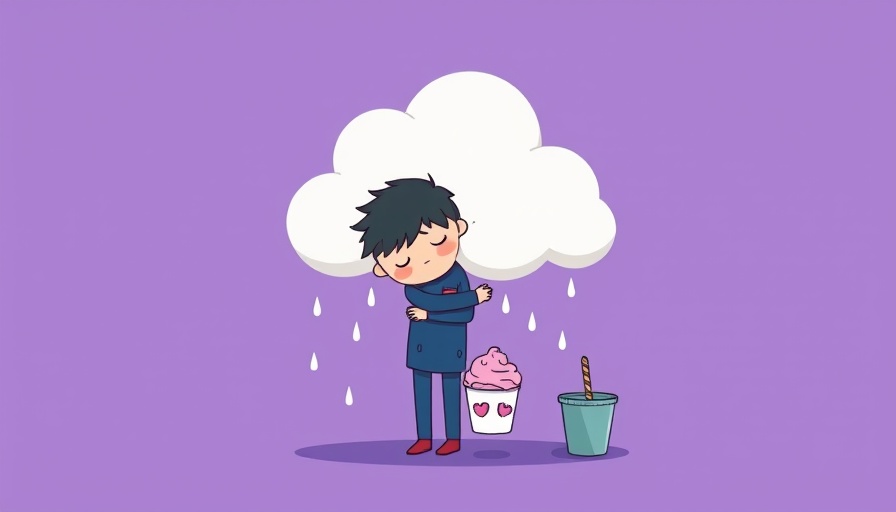
Understanding Loneliness: A Universal Experience
Loneliness is a feeling that can strike anyone, irrespective of age, status, or social background. As Dr. Thema Bryant eloquently illustrates in her recent work, it is essential to recognize that feeling lonely does not stem from a lack of self-love or a deficiency in personal relationships, but rather from an innate human desire for connection. Post-pandemic, loneliness has become a frequently discussed yet poorly understood phenomenon, as we have grown accustomed to remote interactions and superficial connections that often fail to satisfy our profound emotional needs.
Condensing the Stigma Around Loneliness
For too long, society has shamed those who admit to feeling lonely, perpetuating the idea that the desire for connection equates to weakness. However, acknowledging this vulnerability is not a flaw but a facet of our humanity. Studies show that a staggering 61% of Americans reported feeling lonely even before the onset of COVID-19, a number that has since surged. This alarming trend underscores the importance of destigmatizing loneliness and recognizing it as a shared experience that requires empathy and understanding instead of judgment.
The Underlying Causes of Loneliness
One of the keys to overcoming loneliness lies in understanding why it manifests in the first place. Emotional deprivation, fear of abandonment, and social isolation are just some schemas that can keep us disconnected from others. As we navigate social situations, these feelings may lead us to retreat further into ourselves, creating a vicious cycle. Recognizing and confronting these underlying patterns with compassion is the first step toward establishing meaningful connections.
Practical Steps to Combat Loneliness
Here are four actionable insights to help release shame and foster healthier relationships:
- Begin with Self-Compassion: Acknowledge your feelings without harsh judgment. Understanding that it is okay to seek connection is vital for healing.
- Reach Out: It may feel daunting, but reconnecting with old friends or even acquaintances can help rejuvenate your social circle. A simple text or call can open the door to deeper exchanges.
- Be Vulnerable: Sharing your feelings can lead to unexpected connections. Be open about your loneliness; you may find others who resonate with your experiences.
- Create New Connections: Seek new communities, whether through hobbies, volunteering, or social media groups that interest you. Engaging in environments where like-minded individuals gather can facilitate authentic relationships.
The Healing Power of Connection
The road towards overcoming loneliness is paved with courage—courage to be vulnerable and the willingness to connect authentically. Taking active steps towards vulnerability brings the potential for deeper, more fulfilling relationships. It’s remarkable how simply sharing your story can foster a sense of belonging for both the speaker and the listener. Through the difficult experience of loneliness, we have the choice to emerge stronger and more connected than ever.
Conclusion: Take Action Now
If you are feeling lonely, allow yourself the grace to express those sentiments. Start by reaching out to someone you care about, share your experiences, and make a commitment to creating connections in your life. Remember, you are not alone in this deep human need for connection. Together, we can disrupt the cycle of isolation and cultivate a community that embraces vulnerability and empathy.
 Add Row
Add Row  Add
Add 




Write A Comment